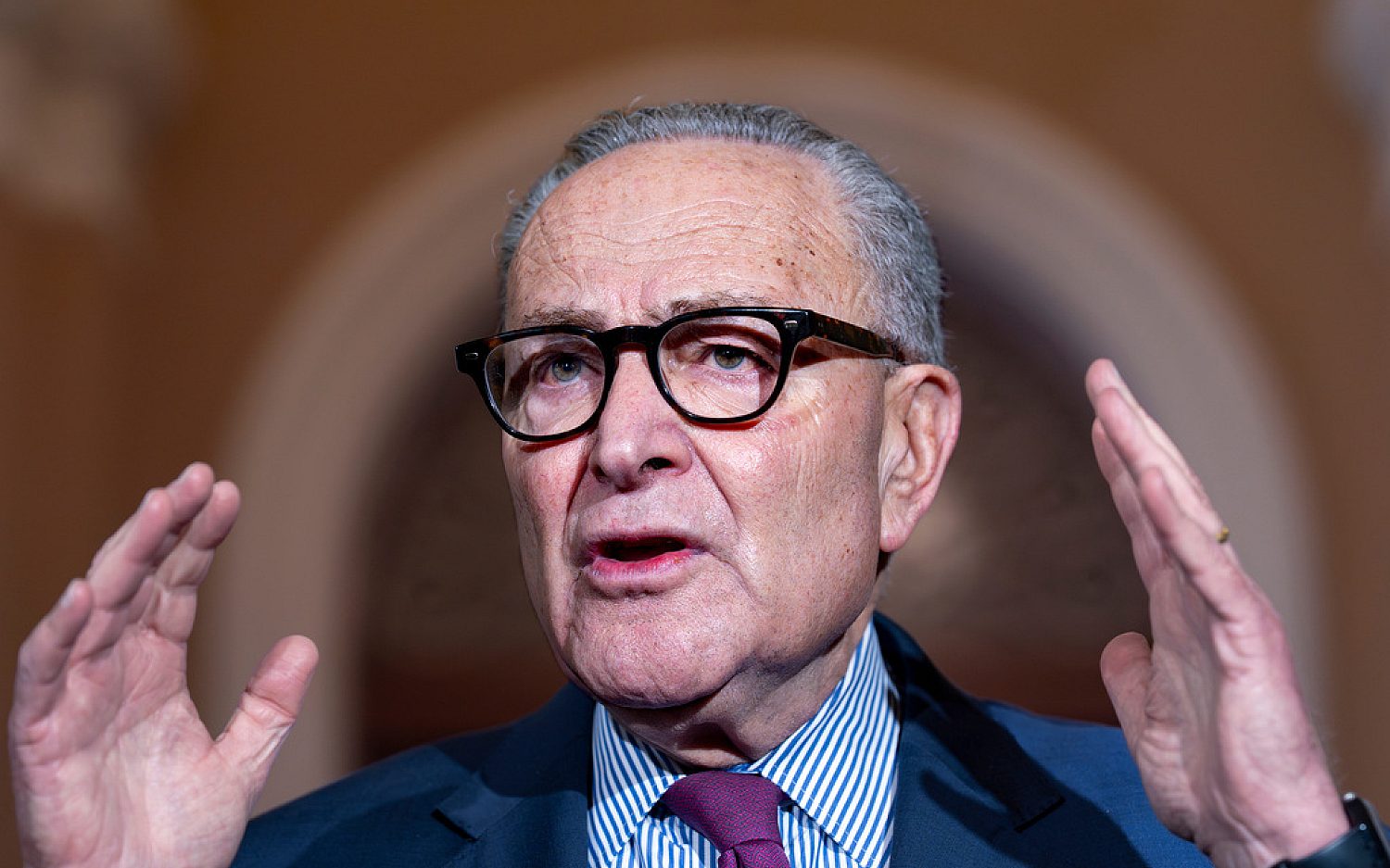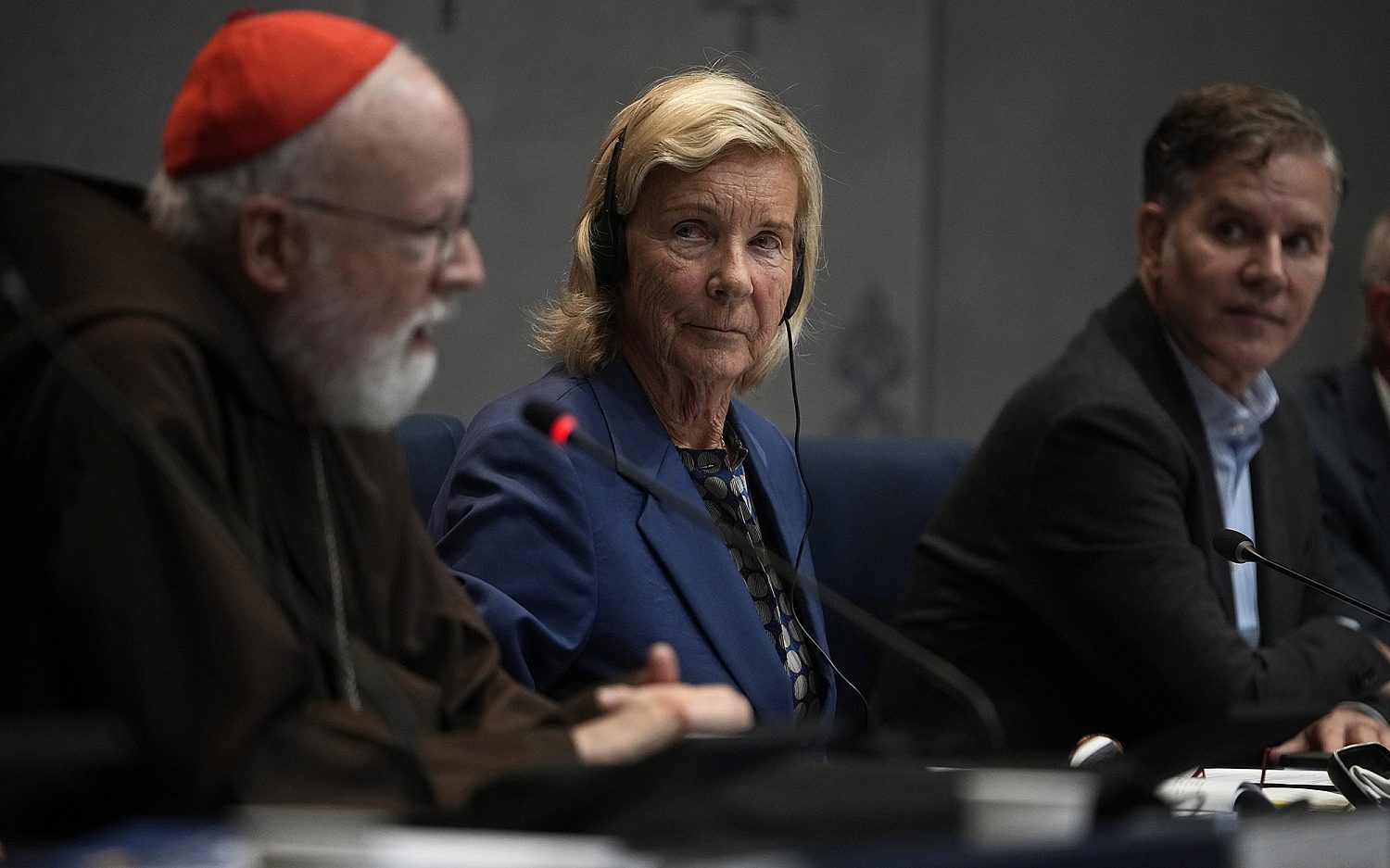Watch it
Virginia colleges react to Obama administration's warning on sexual misconduct policies
The Obama administration is signaling concern that U.S. colleges and public schools are discriminating against women by not adequately prosecuting sexual misconduct, and that some school districts are discriminating against the children of illegal immigrants.
Federal officials have sent out two "Dear Colleague" letters in the last month, one in April from the Department of Education's Civil Rights office advising colleges and school districts to adhere to federal guidelines regarding sexual misconduct under federal nondiscrimination law, and another last week from the departments of Education and Justice to school districts regarding their obligation to provide equal access to all children regardless of their immigration status.
As a result of the first letter, colleges and universities in Virginia are reviewing their student sexual-misconduct policies; at least one will make it easier for college authorities to prosecute such offenses. College of William and Mary, Virginia Tech and Virginia Commonwealth University officials said Monday that they would make any necessary changes based on directives in the department's Office for Civil Rights' letter to all federally funded institutions. The April 4 letter outlined schools' responsibilities to address sexual violence under Title IX, which bars gender-based discrimination.
"We expect to make revisions in both the sexual misconduct policy for students and the grievance procedures for employees based on the new OCR guidance," College of William and Mary spokesman Brian Whitson said. "We haven't determined specifics because we are in the process of reviewing and discussing this with colleagues at both the college and other institutions."
Virginia Tech's student-affairs staff members plan to meet in the coming weeks to examine the Blacksburg school's sexual-misconduct rules, then make any required changes during the summer, spokesman Mark Owczarski said in an email.
The University of Virginia is already revising its policies to define sexual-misconduct offenses more broadly and to lower the standard of evidence required in the handling of such cases. The Charlottesville school already had begun a review in December, and made several changes as a result of the OCR letter. University officials are now seeking comment on its proposed revisions and hope to adopt the new guidelines this summer.
U.Va.'s proposed guidelines will expand "sexual misconduct" to include any unwelcome sexual behavior, include stalking, cyberstalking, recording or transmitting sexual images, voyeurism and the "knowing transmission" of a sexually transmitted disease. It also lifts a one-year time limit on filing a sexual-misconduct complaint and instead allows such complaints as long as the accused student is enrolled at U.Va. when the complaint is made.
The university also said that it changed the evidentiary standard in response to the OCR letter. It plans to lower the standard to "a preponderance of the evidence" from the current "clear and convincing evidence."
The new guidelines also lift the geographical limits of jurisdiction over misconduct cases to cover alleged misconduct by a U.Va. student, wherever it occurs. The existing policy limits jurisdiction to school-owned or -leased property within the city of Charlottesville or Albemarle County.
"Although conduct that is alleged to have occurred far from the Grounds may prove difficult to investigate, the new Policy covers sexual misconduct by a University student, wherever it occurs," according to U.Va.'s executive summary of proposed changes.
The OCR's "Dear Colleague" letter was sent to public school districts as well as higher-education institutions. It spells out a school's obligations under Title IX as it relates to sexual violence, including promptly determining what occurred and preventing such violence from recurring. It also requires schools to provide a grievance procedure for students to file complaints, and include an equal chance for both parties to present evidence and offer the same rights of appeal.
In the second letter dated May 6, federal authorities wrote to school districts, "Recently, we have become aware of student enrollment practices that may chill or discourage the participation, or lead to the exclusion, of students based on their or their parents' or guardians' actual or perceived citizenship or immigration status. These practices contravene federal law."
The letter and other materials suggest that some elementary and secondary schools are doing just that. The letter also cited the 1982 Supreme Court decision Plyler v. Doe, stating that "denying 'innocent children' access to a public education, the Court explained, 'imposes a lifetime hardship on a discrete class of children not accountable for their disabling status. . . . By denying these children a basic education, we deny them the ability to live within the structure of our civic institutions, and foreclose any realistic possibility that they will contribute in even the smallest way to the progress of our Nation.'"
No word yet on whether Virginia school districts plan any changes as a result of the letter.
The Associated Press contributed to this report.
"Like" us on Facebook today!
An actual newsletter worth subscribing to instead of just a collection of links. —Adam
Sign up to receive The Sift email newsletter each weekday morning for the latest headlines from WORLD’s breaking news team.





Please wait while we load the latest comments...
Comments
Please register, subscribe, or log in to comment on this article.